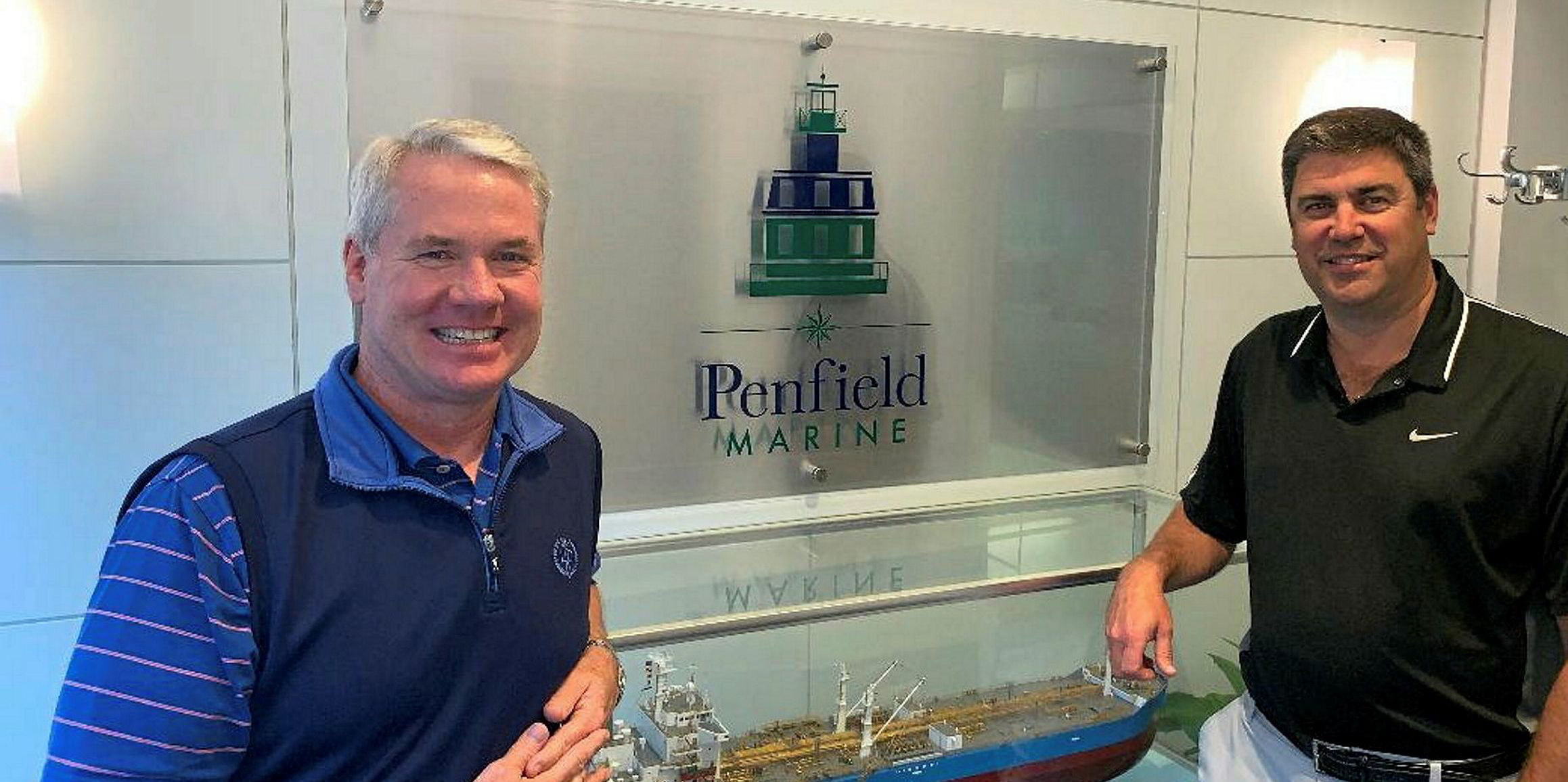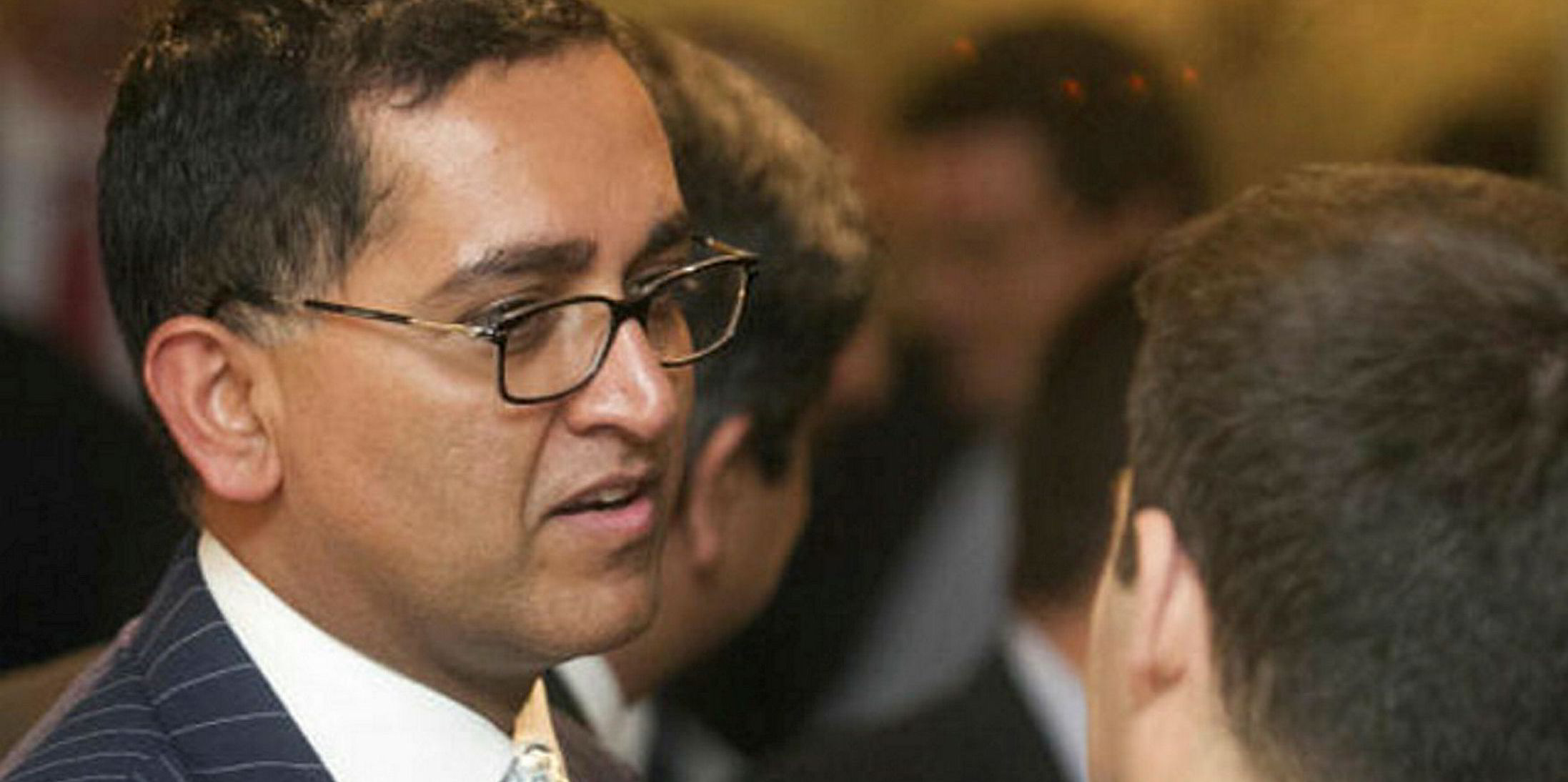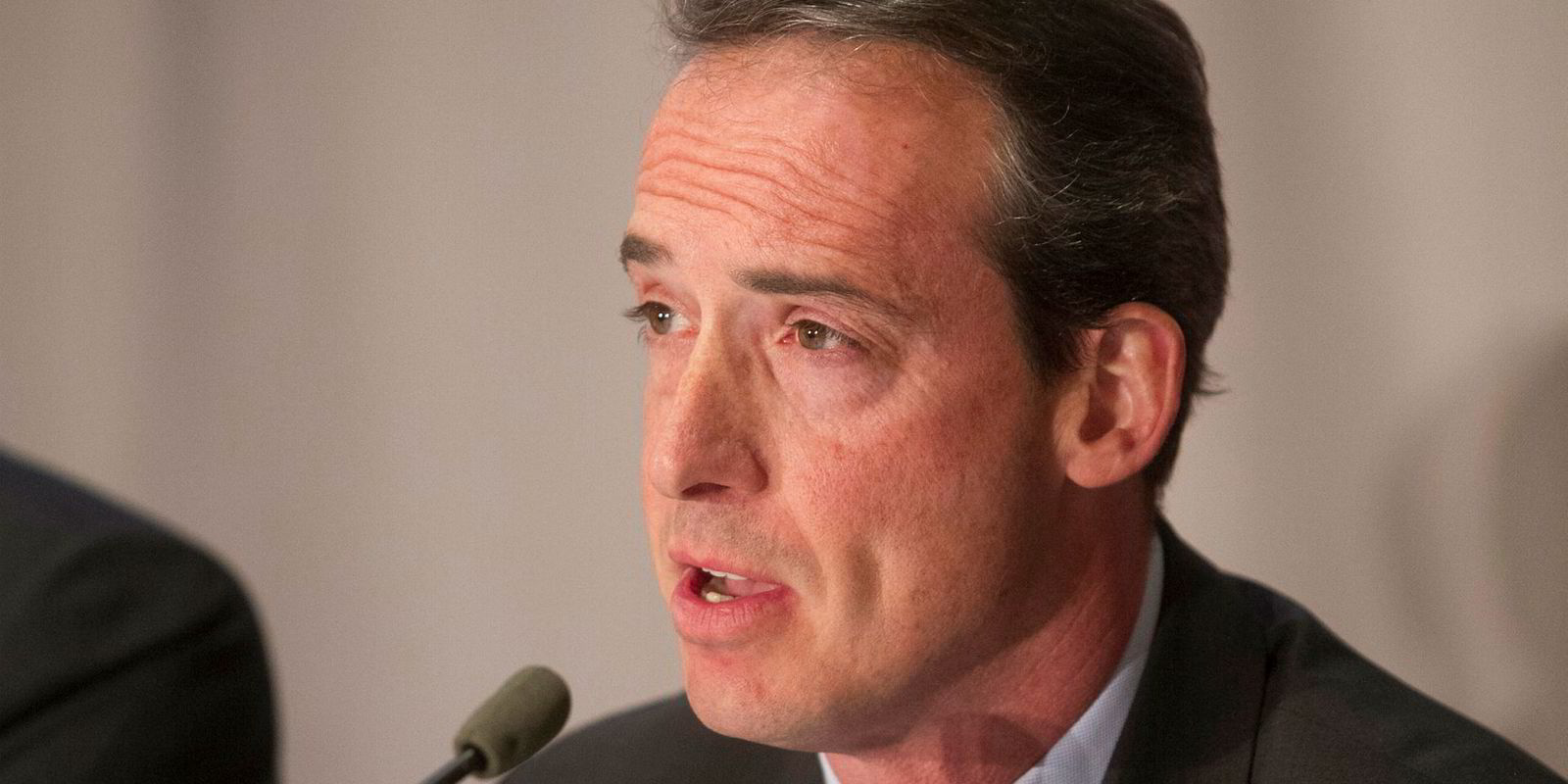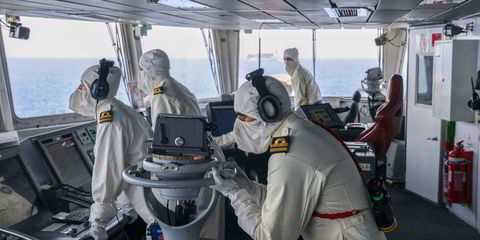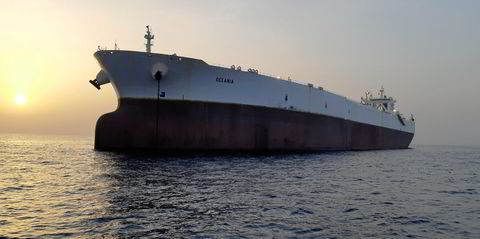A company with roots in Connecticut dating to the 1980s is scheduled to breathe its last breath in late June.
But as venerable pools operator Heidmar Inc closes its doors, Connecticut will remain a hot spot for tanker commercial management and pools thanks to two offshoots run by former Heidmar bosses.
Penfield Marine is alive and well in neighbouring Fairfield, seven miles east of Heidmar’s headquarters in Norwalk. It is run by former Heidmar chief executive Tim Brennan and partner Eric Haughn, an ex-Heidmar chartering manager.
Founded in 2012, Penfield operates 53 tankers across panamax, aframax and suezmax pools.
One of its directors is Per Heidenreich, the founder of Heidmar.
On Interstate 95 in Stamford, Concord Maritime opened its doors in 2018 and has built a pool of 14 aframaxes. It is led by former Heidmar chief executive Ben Ognibene and partner Jim Hurley, an ex-Heidmar managing director.
'Great institution'
The reasons for Heidmar’s demise may be long debated. But its influence on the local maritime scene, as a source of jobs and commercial-management expertise, is clear and will be missed.
“I think it’s very sad,” Brennan said. “If you look at Eric and myself, we had more than 30 years combined at Heidmar. It’s very sad to see the company end.”
Ognibene used similar language.
“Certainly it’s sad to see,” he said. “It’s a company that’s been around a long time and it’s done a lot of things for a lot of people. It’s been hugely beneficial to me in my career.
“I think it’s a great institution and this is hard to watch.”
Strangely enough, Heidmar has never announced that it is closing. A request for comment for this story was not returned.
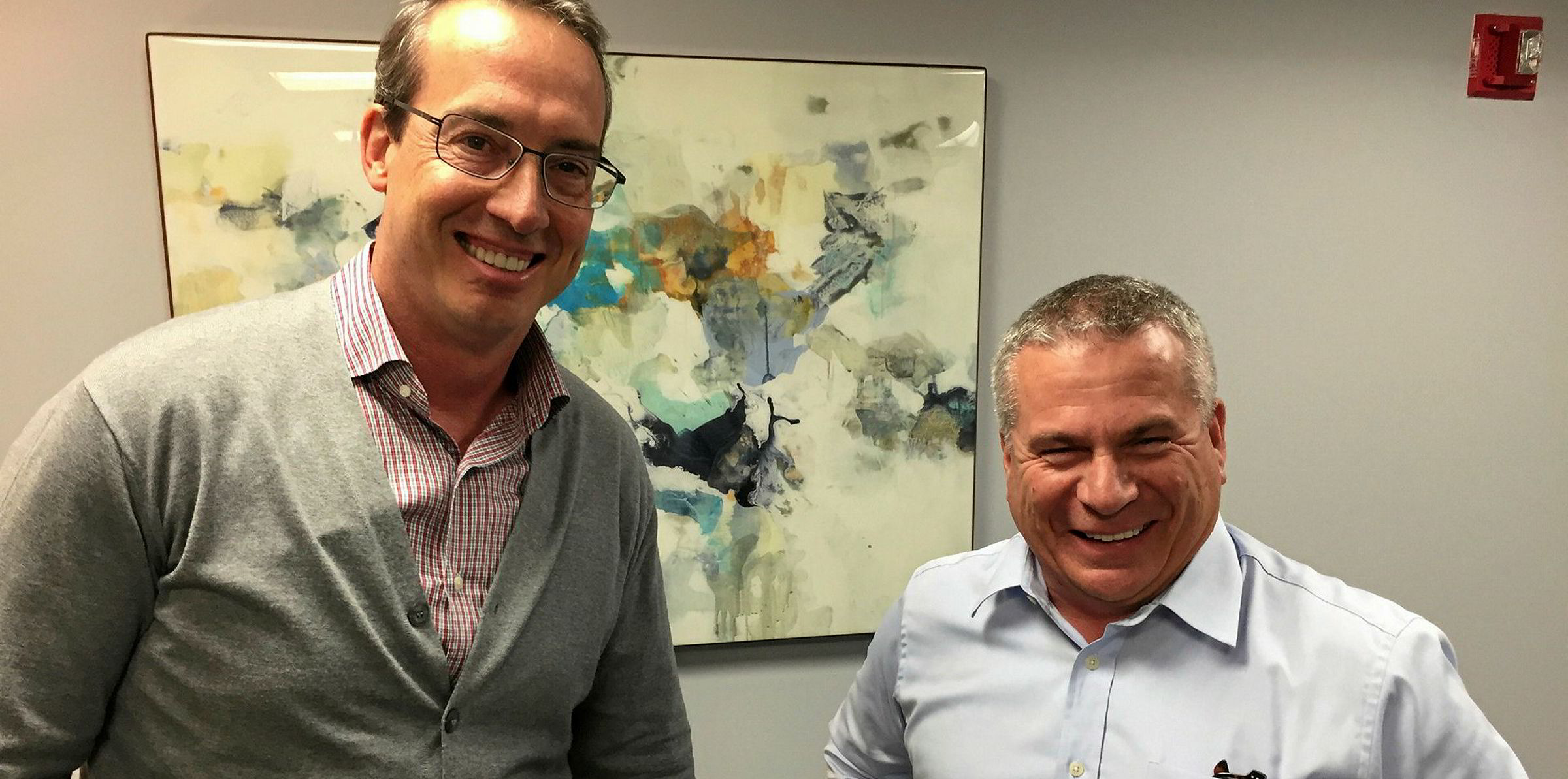
But word emerged, and was confirmed by staff members around 6 January after Heidmar announced it was bringing in Greek artificial-intelligence expert Signal Maritime Services to manage the 18-unit Sigma pool with assistance to the suezmax and VLCC pools.
This followed a long period of decline in vessel numbers across the pools, which had fallen from more than 100 to fewer than 50 over the course of three years.
If there was one common explanation for Heidmar’s demise, it would seem the situation got worse the more Greek shipowner George Economou increased his ownership and control over the operation.
Heidmar perhaps hit its apex when founder Heidenreich sold it in 2006.
Economou bought 49% of the company two years later, but sold his stake to his then-public company DryShips in 2017. DryShips bought the rest from Morgan Stanley for just $17m last June.
By that time, Heidmar had long been bleeding vessels.
The pools had reached a peak of about 125 tankers when Brennan tendered a surprise resignation in January 2012, citing a disagreement with the shareholders.
Economou had more than 30 of his own ships in the pools but began pulling them later that year to run under his own management.
This has always been cited as a reason for the later defection of pool partners, although Ognibene noted that Heidmar was able to build numbers back to more than 100 on his watch by 2017.
Both former chief executives said they had never tried to replicate Heidmar but charted their own courses.
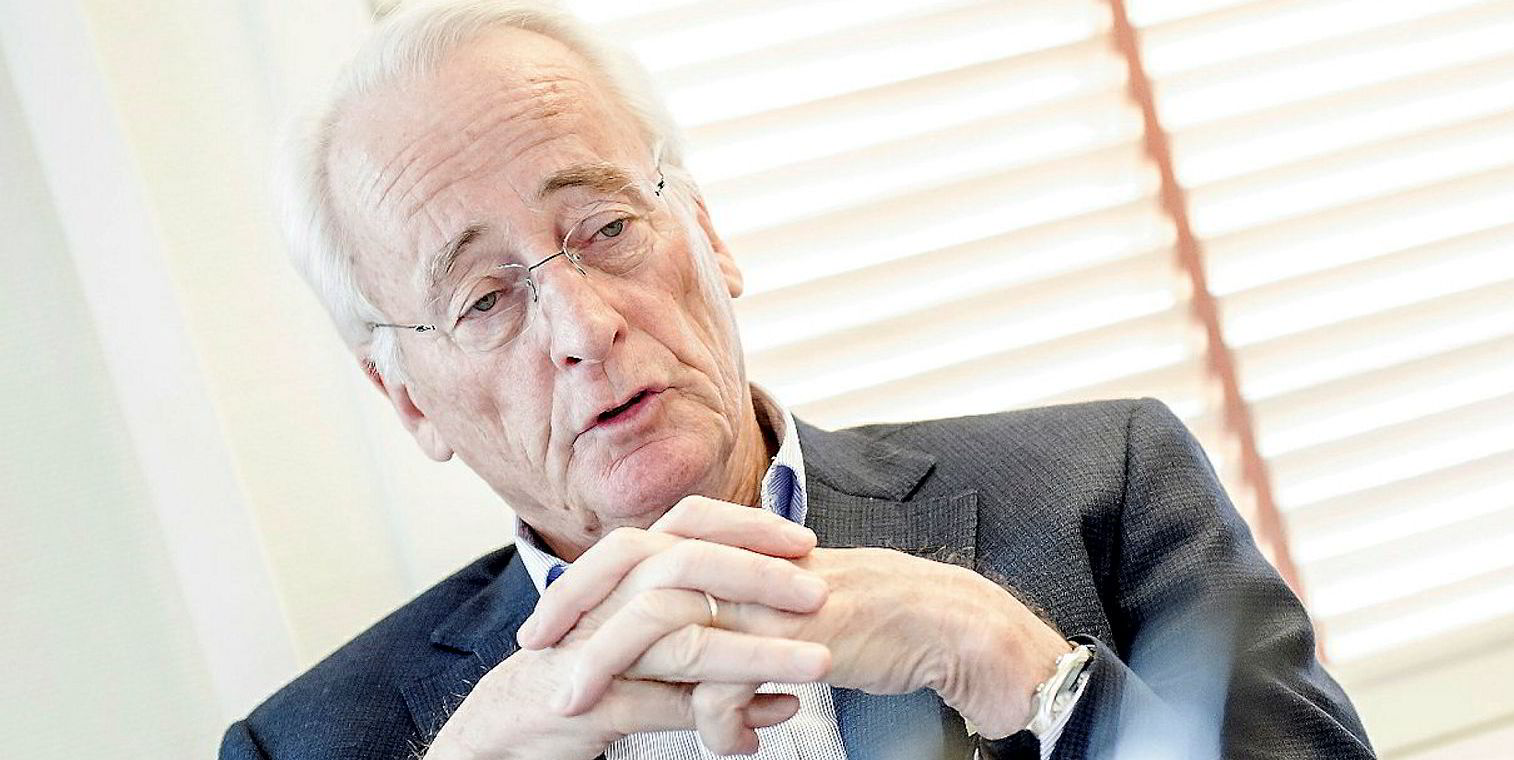
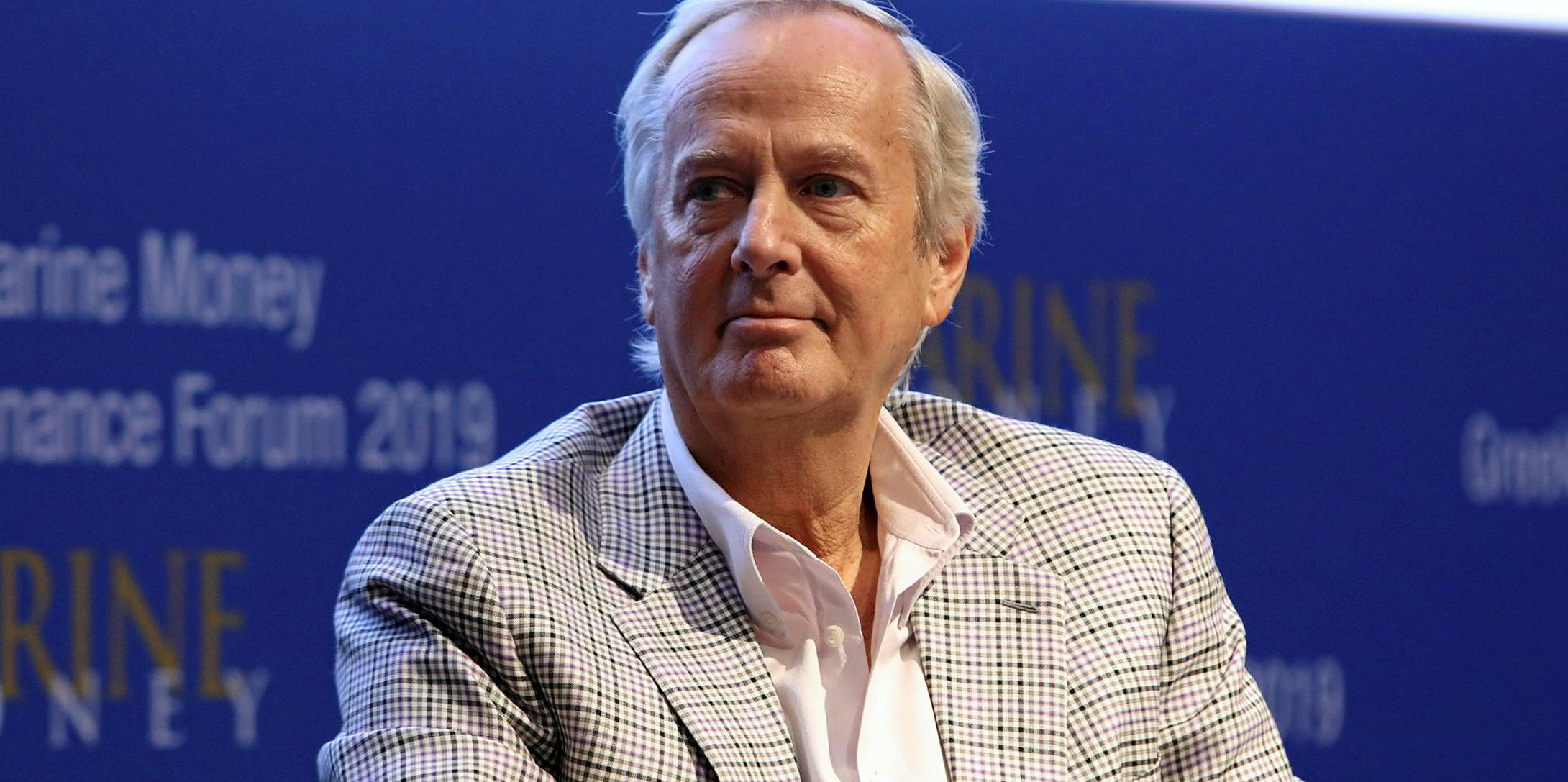
Brennan estimated that about half of Penfield’s staff of 34, 50% of its ships and slightly more than half of its current pool partners had previously been with Heidmar. But he said staff and partners approached Penfield almost exclusively.
“It was never a zero-sum game,” Brennan said. “We weren’t focused on Heidmar or any other competitor.”
At Concord, all seven employees, all five pool partners and 13 of the 14 aframaxes had been with Heidmar.
What went wrong at Heidmar?
“I’m not sure what’s happened over the past years — I wasn’t there,” Brennan said.
Ognibene did cite the Economou factor.
“It’s a difficult sell when you’re the main shareholder in a pool company and none of your ships participate in that pool,” he said.
